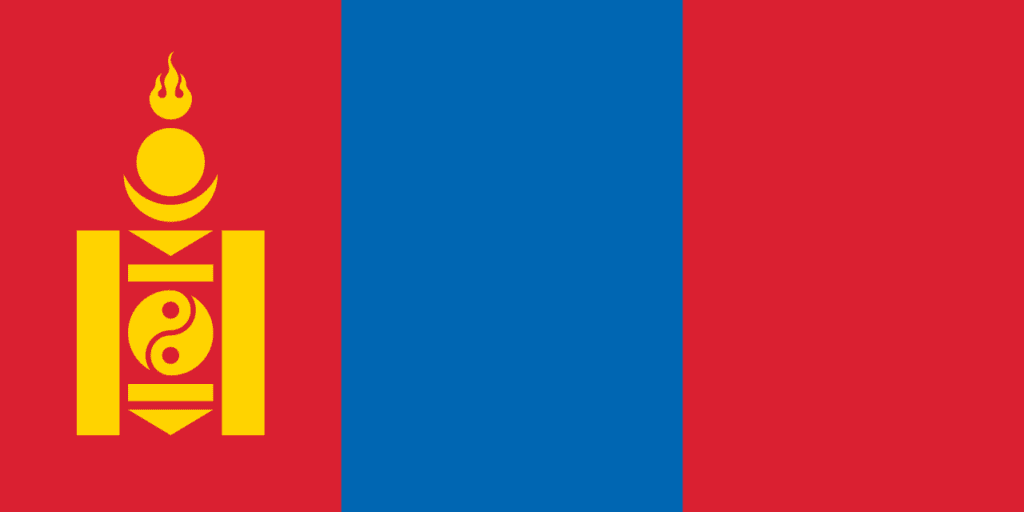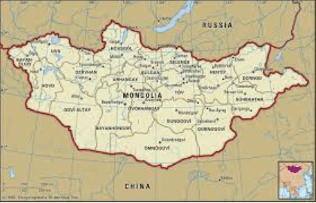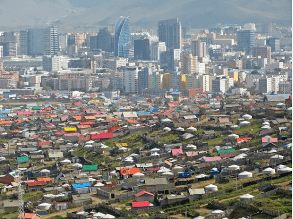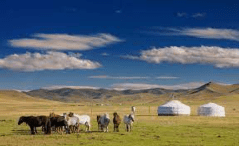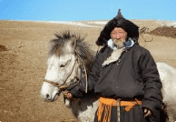The country has an area of 604,247 square miles and a population of ≈3.5M. Buddhism and the country’s cultural traditions are closely linked. When government controls on religion and on traditional practices ended in 1990, there was an increase in Buddhist activity. Local scholars claim that more than 90% of all citizens ascribe to some form of Buddhism, although practice varies widely. Lamaist Buddhism of the Tibetan variety is the traditional and dominant religion.
Ethnic Kazakhs, most of whom are Muslim, are the largest ethnic minority, constituting approximately 6% of the population nationwide and 80% in the western province of Bayan-Olgiy. Muslims operate approximately 40 mosques in Bayan-Olgiy and 4 Islamic centres in Ulaanbaatar, serving nearly 3,000 students combined. The mosques and Islamic centres receive financial assistance from religious organizations in Kazakhstan, Turkey, and the Gulf States.
There is a small but growing number of Christians. Church officials estimate that more than 4% of the population practice Christianity, of which an estimated 90% are Protestant and 9% are members of the Mormons. RCs and members of the Russian Orthodox Church together account for the remaining 1%. Some citizens practice shamanism, often in tandem with another religion, but there are no reliable statistics on their number.
Throughout the country, there were 432 registered places of worship, 217 of which were Buddhist, 161 were Christian, 44 were Muslim, and 5 each were Baha’i and shamanistic. During the period covered by this report, the Ministry registered 18 churches, 20 mosques, and 3 shaman temples. Evangelical Christians estimated that there were 250 unregistered evangelical churches throughout the country.

